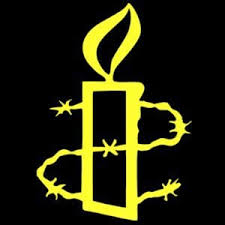Iranian Filmmaker Keywan Karimi Released

Iranian filmmaker Keywan Karimi was released from Tehran’s Evin prison on 19 April 2017. He had been imprisoned since 23 November 2016. Keywan Karimi was a prisoner of conscience.
Keywan Karimi had been arrested on 14 December 2013 at his home in Tehran, by men believed to belong to the Intelligence Department of the Revolutionary Guards. He was held for 12 days in solitary confinement in Section 2A of Evin prison, without access to a lawyer. He was only allowed to make a brief phone call to his family one week after his arrest, but was not allowed to tell them that he had been arrested or where he was being detained. He was not allowed to obtain a lawyer until after 26 December 2013 when he was released on bail.
On 13 October 2015, following an unfair trial before a Revolutionary Court in Tehran, Keywan Karimi was sentenced to six years’ imprisonment for “insulting Islamic sanctities” and 223 lashes for “illicit relations falling short of adultery”. The former charge was imposed in connection with a music video the authorities had found on his hard drive; the latter for “shaking hands” and “being under one roof” with a female friend and poet “who had not covered her head and neck”. An appeal court upheld Keywan Karimi’s flogging sentence and ruled that he must serve one year of his six-year prison sentence. The remaining five years were suspended, conditional on his “good behaviour”.
Amnesty International considered Keywan Karimi a prisoner of conscience, held solely for exercising his right to freedom of expression and association.
The organization will continue to monitor Keywan Karimi’s case.